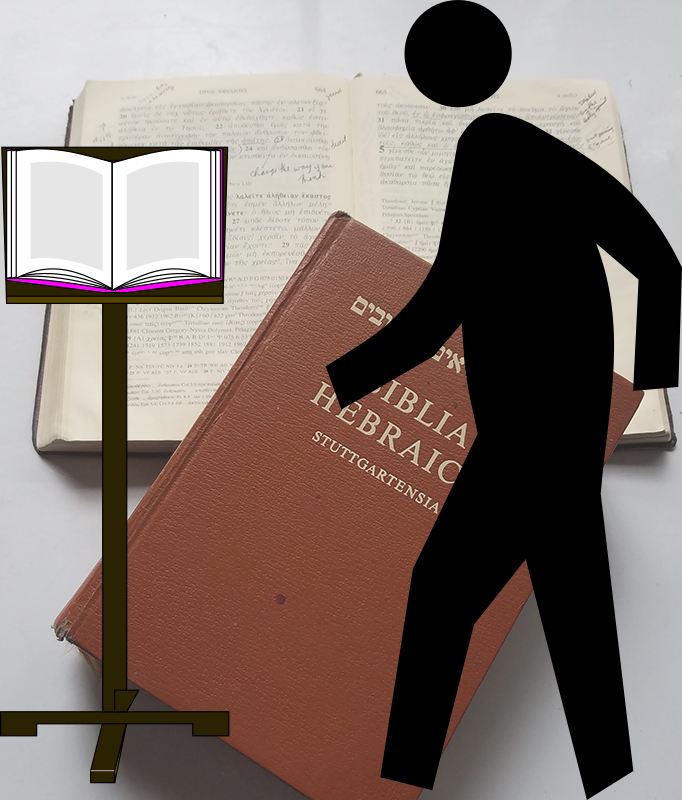A Problem in Translation: Isaiah 3:12
Translation challenges Bible translators face, focusing on Isaiah 3:12’s varying interpretations. The passage’s meaning shifts depending on what textual choices one makes and whether one translates literally or figuratively, potentially impacting the modern reader’s understanding. Ultimately, translation choices reflect what translators deem most crucial to convey, with any decision risking some loss of the original message.

